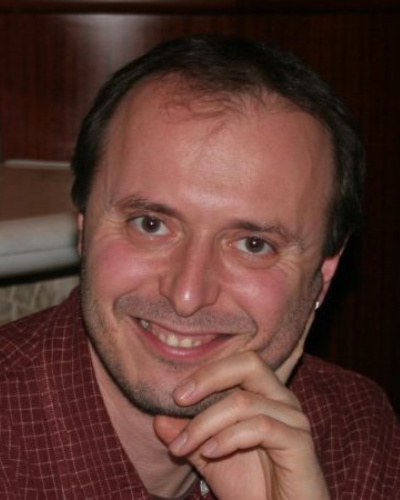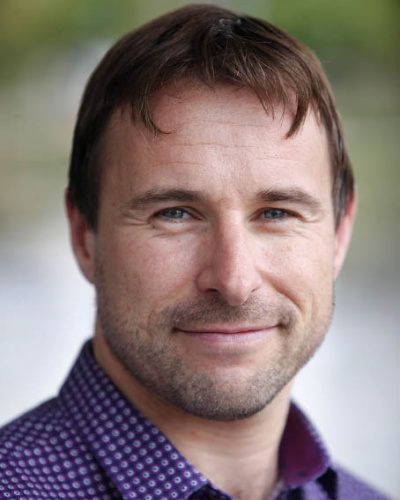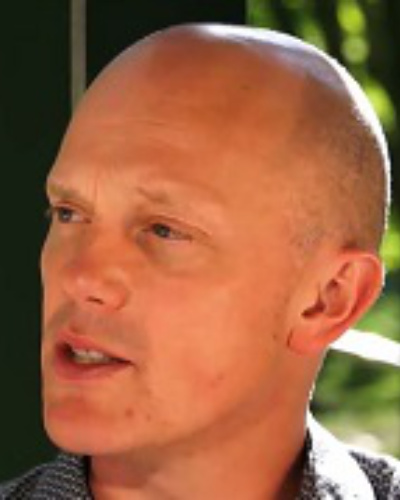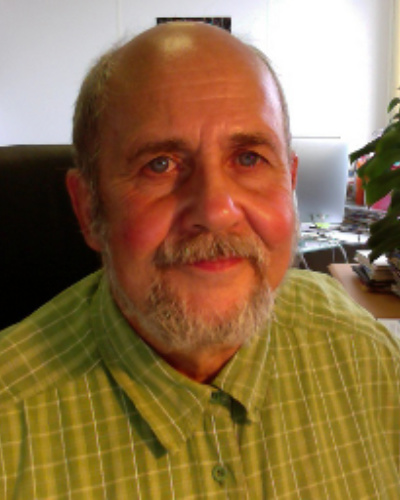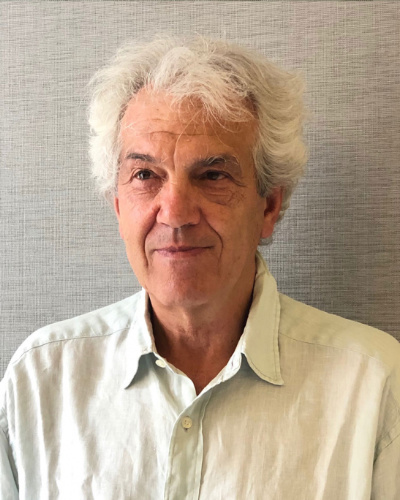Committee on Animals in Research (CARE)
As a FENS Committee, CARE advises FENS on the responsible use of animals in neuroscience research, supports the development of relevant resources on animals in research and promotes public education in matters related to the use of animals in neuroscience.
The mission of CARE falls within the following areas:
- Monitoring and advice
- Education and outreach
- Training and support
Find out more about how FENS supports the responsible use of animal research.

Roger Adan, the Netherlands
Advisory Member
2022-2026
Roger Adan was trained as a molecular neurobiologist and received his PhD in 1992 investigating the regulation of vasopressin and oxytocin gene expression. Since 2002, he has been Professor in Molecular Pharmacology. Via working on melanocortin receptors, he became an expert in molecular and neural pathways underlying feeding behaviour, obesity and eating disorders.
His research group has a strong multidisciplinary character. A variety of strategies (chemogenetics, viral vector technology, fiber photometry, optogenetics, scRNAseq and automated behavioural and physiological analysis) are used to unravel the mechanisms underlying behaviour. The main focus of his group is on feeding since this is a natural behaviour ideally suited to dissect neural circuits that underlie decision-making, anxiety, anhedonia, impulsivity and reward-seeking.
In addition to his main job at the department of translational neuroscience at UMCU, he is a scientific advisor at Rintveld Eating disorder clinic, Altrecht, Zeist, a guest professor at Sahlgrenska Academy, University of Gothenburg, Sweden and a member of the Dutch advisory board on animal testing policy (NCAD).

Christelle Baunez, France
Chair
2022-2026
Dr Christelle Baunez, is Directrice de Recherche at the CNRS, leader of the team ‘Basal Ganglia, Motivation and Reward’ (BAGAMORE) at the Institut de Neurosciences de la Timone (INT) in Marseille (France). During her PhD thesis in Marseille on behavioural studies of pharmacological interactions between glutamate and dopamine within the basal ganglia, she started to be interested in the subthalamic nucleus (STN) as a possible target for the treatment of Parkinson’s disease.
During her post-doctoral internship at Cambridge University (UK) (supervised by Prof. T.W. Robbins), she focused on the involvement of the STN in non-motor functions. She revealed the involvement of STN in attention and control of inhibition. She got her permanent position at the CNRS in 1997 and pursued her research on the functions of the STN, developing deep brain stimulation in behaving rats. One of her major findings, published in Nature Neuroscience in 2005 and PNAS in 2010, was to show that STN lesion or DBS reduces motivation for cocaine while increasing motivation for food, suggesting that STNDBS could be applied to treat addiction.
The research in her team extends to non-human primates and parkinsonian patients and is mainly focused on motivation.

Alban De Kerchove D’Exaerde, Belgium
Member
2022-2026
Dr Alban De Kerchove D’Exaerde initially learned molecular biology and biochemistry during his PhD to decipher the role of plasma membrane H+-ATPase in yeast and plants.
Next, he learned molecular neurobiology, mouse transgenesis, and single-cell PCR by working on the physiology of nAChRs in NMJ and catecholaminergic neurons during my postdoctoral fellowship. For the past 18 years, his main interest has been the study of the roles of neuronal populations and genes in the pathophysiology of Basal Ganglia (BG), mainly in neuropsychiatric models and the striatum. Their programme is based on their ability to target and manipulate genetically, specifically the two populations of striatal projecting neurons (SPNs), to evaluate their contributions or the contribution of specific genes in SPNs in various behaviours.
His group was the first to demonstrate in vivo that the SPNs of the indirect pathway of BG has an inhibitory effect on locomotion and drug preference and are necessary for drug sensitization and cataleptic effect of antipsychotic by a proper genetic targeting of this population.

Cristina Limatola, Italy
Member
2024-2026
Cristina Limatola has a PhD in Biotechnology, and is full professor in Physiology since 2007, at the Department of Physiology and Pharmacology of the University of Rome “La Sapienza”.
Main research interests are on the mechanisms of cellular communication in the CNS and among immune cells and the CNS. In particular her research projects are on: 1) the role of chemokines as neuromodulators and neuroprotectors in the CNS; 2) the role of glial cells in brain tumors; 3) gut-brain interactions under physiological and pathological conditions, 4) the mechanisms of neuroinflammation in neurodegenerative diseases, with focus on ALS. Other area of research concerns the role of glial cells in sleep and the use of nanocomposites for miRNA delivery in the CNS to target brain tumor microenvironment.

Casto Rivadulla Fernandez, Spain
Member
2022-2026
Casto Rivadulla is a Full professor in Physiology at the University of Coruña, Spain. He got his Degree in Biology (1992) and his PhD in neuroscience (1996) at the University of Santiago de Compostela. He was a Fulbright Fellow in the department of Brain and Cognitive Sciences at MIT (1998-2000). Currently, he’s the Head of the Neuroscience and Motor Control Group at the Biomedical Institute of Coruña and the Center for Advanced Research at the Univ of Coruña.
His research lines include different models from mice to humans where he uses different electrophysiological techniques combined with non-invasive neuromodulatory tools to study brain mechanisms of attention or fatigue in healthy brains and also changes in brain function in diseases such as epilepsy.
He is also Vice-President of the Spanish Society for Neuroscience (SENC) and Chair of the SENC committee on animal research and welfare.

Roman Stilling, Germany
Member
2022-2026
Roman Stilling studied life sciences at the University of Münster and neurosciences at the International Max-Planck Research School in Göttingen, Germany. He received his PhD in 2013, working on epigenetic mechanisms of learning and memory and brain ageing at the European Neuroscience Institute in Göttingen. From 2013 to 2016, he worked on microbiome-brain interaction as a PostDoc at the APC Microbiome Institute in Cork, Ireland. Since September 2016, Dr Roman Stilling has worked for the information initiative „Tierversuche verstehen“, which is coordinated by the Alliance of Science Organisations in Germany.

Teresa Summavielle, Portugal
Member
2022-2026
Teresa Summavielle is the Head of the Addiction Biology Lab at i3S – Instituto de Investigação e Inovação em Saúde (University of Porto), where she has been a Principal Investigator since 2013. She is also an Invited Professor at the Allied Health School of Porto (ESS.PP) and coordinates courses in Neurobiology of Addiction and Neurotoxicology in Doctoral programs of both Medical Schools of Porto (FMUP and ICBAS). Teresa received her PhD in Biomedical Sciences in 2003 (University of Porto, ICBAS).
Presently, she studies the mechanisms involved in the crosstalk of different brain cells under the action of psychoactive drugs and how this contributes to addiction and relapse. Since 2008 she has coordinated a campaign to reduce drug use. She is also committed to contributing to better science by improving the quality of research models’ quality.
She is a board member of the Portuguese Neuroscience Society (SPN), a board member of the Portuguese Union for Higher Education (SNESup) and an acting councilwoman at the Municipality of Porto.

